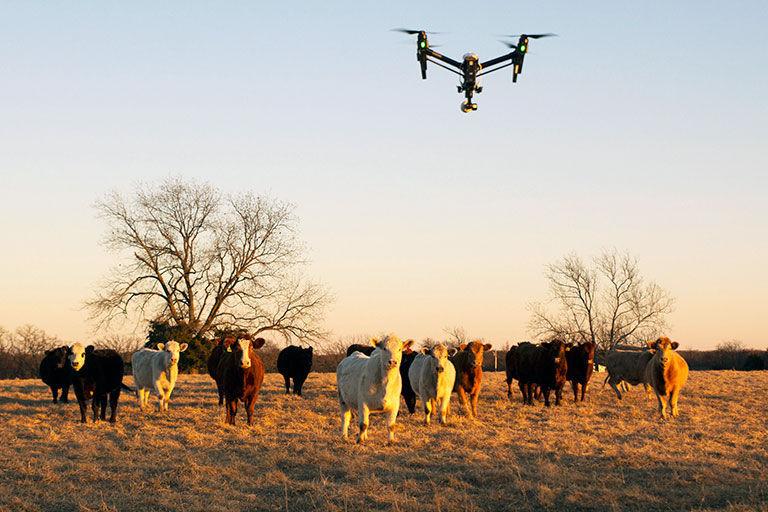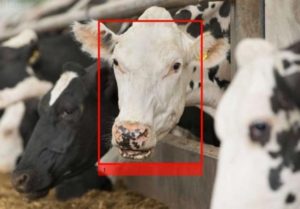Government of Canada invests in improving animal welfare

The humane care and handling of farm animals, and the ability to track their movements, are an important part of the confidence consumers have in their food in Canada
Agriculture and Agri-Food Canada (AAFC)
Minister of Agriculture and Agri-Food, the Honourable Marie-Claude Bibeau, announced an investment of up to nearly $3 million to three national organizations to enhance animal welfare and tracking in the country.
“The dedication of Canadian producers to the welfare of their farm animals is what makes our livestock system world famous,” Bibeau stated. “By improving our standards and practices for care and tracking, consumers can be assured that our food system is meeting the highest standards.”
With funding under the AgriAssurance Program, the organizations will draw on new research to update industry standards for the care and handling of animals, and will evaluate technology to more efficiently trace farm animals in the production system in the event of a disease outbreak. The work will support the highest standards in farm animal care.
“One of our mandates at Canadian Cattle Identification Agency (CCIA) is to keep in step with new technologies that have the potential to move livestock traceability forward, such as ultra high frequency (UHF) technology“
The recipients include:
- Animal Health Canada, located in Elora, Ontario, will receive up to $2.9 million to update national codes of practice for the livestock sector, including the code for the safe and humane transportation of livestock. It has also developed and introduced a code of practice for the aquaculture sector covering farmed salmon, trout and arctic char.
- The Canadian Cattle Identification Agency, located in Calgary, Alberta, will receive up to $52,140 to evaluate the use of ultra high frequency (UHF) scanners to read cattle identification tags as part of Canada’s commitment to the international community to quickly trace the movement of animals in the event of a disease outbreak. Tag readings are recorded in a database that makes it possible for government and industry to rapidly contain the scope of a potential outbreak, protecting animal and human health.
- The Canadian Poultry and Egg Processors Council, located in Ottawa, Ontario, will receive up to $35,750 to update its animal welfare program for hatcheries to meet the requirements of the National Farm Animal Care Council’s Code of Practice for the care and handling of hatching eggs, breeders, chickens and turkeys.
“We’re pleased to continue working collaboratively with industry, government, veterinary, and animal welfare professionals to continue in developing the Codes of Practice through the National Farm Animal Care Council, a division of Animal Health Canada,” added Dr. Melanie Barham, Executive Director of Animal Health Canada. “Evidence-based co-development is a cornerstone of how the Codes are created and updated and we are excited to lead this project into its final year of funding.”
Consumer confidence in Canadian livestock and meat products is built on Canada’s strong food safety system.
“One of our mandates at Canadian Cattle Identification Agency (CCIA) is to keep in step with new technologies that have the potential to move livestock traceability forward, such as ultra high frequency (UHF) technology,” said Anne Brunet-Burgess, General Manager, Canadian Cattle Identification Agency. “We began with a review of its current application in livestock and are now enhancing our database to accommodate producers who are already use the technology. CCIA is grateful to have received funding to support both initiatives.”
( Photo: Cargill/Cainthus )
The Government of Canada is committed to providing producers with the tools and resources they need to implement agricultural best practices to enhance the welfare of animals and provide Canada and the world with safe, quality food.
“This important financial contribution allowed CPEPC to convene a group representing poultry producers, breeders, hatcheries, veterinarians, academics, retailers and animal welfare association representatives,” added Jean-Michel Laurin, President and CEO, Canadian Poultry and Egg Processors Council. “Together, this group reviewed Canadian hatcheries’ animal care program, ensure it alignment with the Code of practice and foster compliance across Canada’s hatchery sector.”














